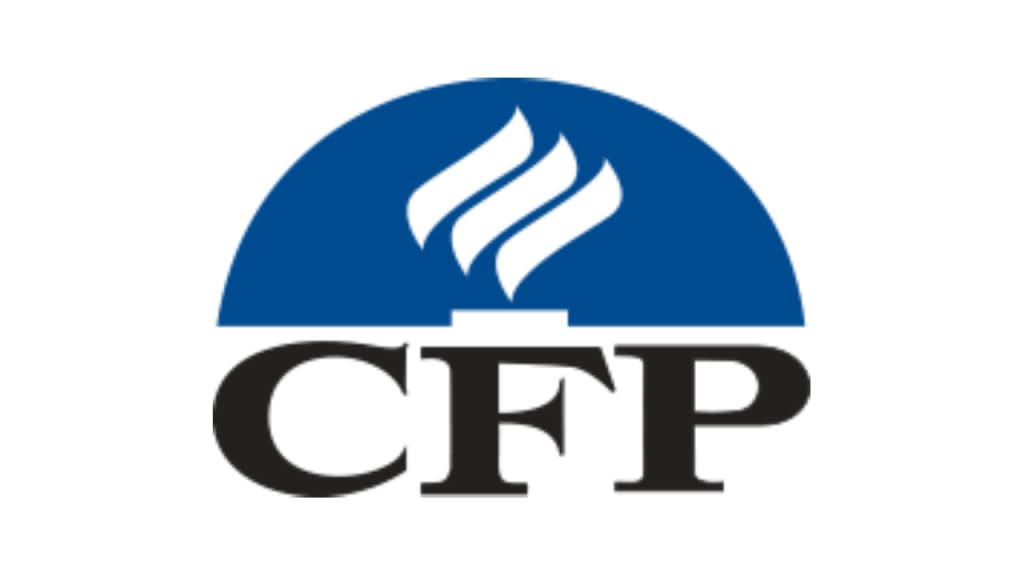
Introduction
A certified financial planner (CFP) is a trusted professional with the skills to offer comprehensive financial planning services. In this blog post, let's delve into the impact of a certified financial planner course, exploring the benefits, practical skills, and ethical considerations that shape financial futures.
Role of a Certified Financial Planner (CFP)
The certified financial planner is a professional individual who has obtained the necessary qualifications and expertise to provide holistic financial planning services. CFPs play a vital role in helping individuals and businesses achieve their financial goals by offering personalized advice, developing comprehensive financial plans, and navigating complex financial situations. They possess a deep understanding of various aspects of financial planning, such as investment planning, retirement planning, tax planning, estate planning, and risk assessment.
Benefits of Pursuing a Certified Financial Planner Course
Comprehensive Knowledge of Financial Planning: A certified financial planner course equips individuals with a thorough understanding of financial planning principles. Through a structured curriculum, participants gain knowledge in various areas, enabling them to provide well-rounded financial advice to clients. The course covers investment strategies, portfolio management, insurance planning, tax optimization, and estate planning, providing a holistic approach to financial planning.
Enhanced Career Opportunities: Completing a certified financial planner course opens doors to various career opportunities. Graduates can pursue roles as financial advisors, wealth managers, retirement planners, or estate planners. The CFP designation enhances credibility and demonstrates expertise, giving professionals a competitive edge in the job market.
Building Trust and Credibility: The CFP designation is highly regarded in the financial industry and among clients seeking professional financial advice. Individuals establish trust and credibility with clients by completing a certified financial planner course and obtaining the CFP certification. Clients perceive CFPs as knowledgeable professionals who adhere to ethical standards and prioritize their best interests.
Meeting Industry Standards and Regulatory Requirements: The financial industry is regulated to protect clients' interests. Completing a certified financial planner course ensures individuals meet industry standards and regulatory requirements. For instance, in India, financial advisors must comply with regulations set by SEBI (Securities and Exchange Board of India). The CFP certification demonstrates a commitment to professionalism, ethics, and compliance with industry regulations.
Practical Skills and Application: A certified financial planner course goes beyond theoretical knowledge, focusing on developing practical skills essential for financial planning. Participants learn to analyze financial situations, conduct risk assessments, develop customized financial plans, and provide personalized advice to clients. These skills enable CFPs to understand clients' unique needs, recommend suitable financial strategies, and help them achieve their goals.
Ethical Considerations in Financial Planning: Ethics are crucial in financial planning. Certified financial planner courses emphasize the ethical responsibility of providing financial advice. CFPs are trained to act in the best interests of their clients, maintain confidentiality, and avoid conflicts of interest. High ethical standards are vital to building client trust and establishing long-term relationships.
Client Relationships and Communication Skills: Effective communication and building strong client relationships are integral to the success of a certified financial planner. Courses focus on developing excellent communication skills, enabling CFPs to understand clients' economic aspirations, transparently explain complex concepts, and establish a rapport based on trust and transparency. Strong client relationships foster long-term partnerships and client loyalty.
The Impact of Technology on Financial Planning: Technology has revolutionized the financial planning landscape. Certified financial planners must adapt to technological advancements and leverage tools to enhance their services. Technology enables CFPs to streamline processes, improve efficiency, and provide clients with real-time access to their financial information, from financial planning software to digital platforms for client interaction.
Continuing Education and Professional Development: The financial industry is ever evolving, with new regulations, investment products, and market trends emerging regularly. Certified financial planners must continuously learn and stay updated with industry developments. Professional development opportunities, like workshops, seminars, and conferences, enable CFPs to expand their knowledge, enhance their skills, and provide up-to-date advice to clients.
Choosing the Right Certified Financial Planner Course: The right certified financial planner course is essential for acquiring the necessary skills and knowledge. Consider factors such as the course curriculum, accreditation, faculty expertise, industry recognition, and practical learning opportunities. Look for courses that align with your career goals, provide hands-on experience, and offer networking opportunities with industry professionals.
Conclusion
Pursuing a certified financial planner course profoundly impacts shaping financial futures. The benefits of obtaining the CFP certification include comprehensive financial knowledge, enhanced career opportunities, building client trust, meeting industry standards, and developing practical skills. By completing a certified financial planner course, individuals gain the expertise to guide clients toward their financial goals, navigate complex financial situations, and make informed financial decisions. Embrace the opportunity to become a certified financial planner and make a lasting impact on individuals' economic well-being.





Comments
There are no comments for this story
Be the first to respond and start the conversation.